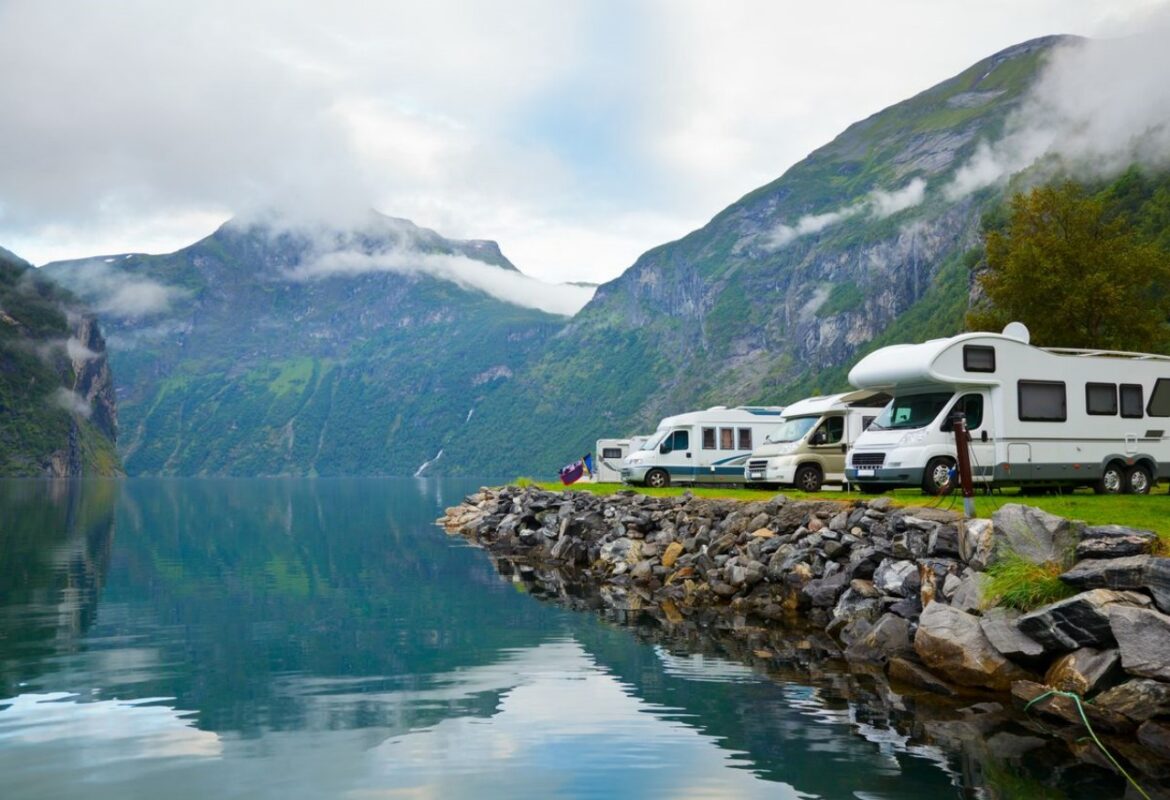In recent years, the popularity of recreational vehicles (RVs) has soared, as more and more individuals and families seek the freedom and adventure of life on the road. A recreational vehicle offers the perfect blend of transportation and accommodation, allowing travelers to explore new destinations without sacrificing the comfort of a home. However, choosing the right RV can be a daunting task, considering the myriad of options available in the market. To ensure a successful and enjoyable journey, it is essential to carefully consider several key features before making a decision. In this article, we will explore these crucial elements to help potential buyers find the perfect RV for their needs and desires.
1. Size and Layout:
One of the primary considerations when selecting an RV is its size and layout. RVs come in various shapes and sizes, ranging from compact campervans to luxurious motorhomes. The choice depends on individual preferences and the number of people using it. Families with children might require more sleeping space, while retirees might prefer a smaller and easier-to-handle RV. Additionally, the interior layout should be analyzed to ensure it suits the specific needs of the occupants, with attention to the number of beds, the kitchen area, and the bathroom facilities.
2. Class and Type:
There are three main classes of recreational vehicles: Class A, Class B, and Class C. Each class offers distinct features and benefits, and potential buyers must evaluate their lifestyle and travel preferences to find the most suitable option. Class A RVs are large, luxurious motorhomes, offering spacious interiors with numerous amenities. Class B RVs, often called campervans, are more compact and maneuverable, making them ideal for solo travelers or couples. Class C RVs combine features of both Class A and B, providing a balance between space and maneuverability. Moreover, buyers can choose between towable RVs, such as travel trailers and fifth wheels, and motorized RVs.
3. Budget and Financing:
Before venturing into the world of RV shopping, it is crucial to set a realistic budget and explore various financing options. The cost of an RV can vary significantly, depending on its class, size, and amenities. Additionally, prospective buyers should consider the ongoing expenses of RV ownership, such as maintenance, insurance, campground fees, and fuel costs. Exploring financing options, including loans and leasing, can help make the purchase more affordable and manageable.
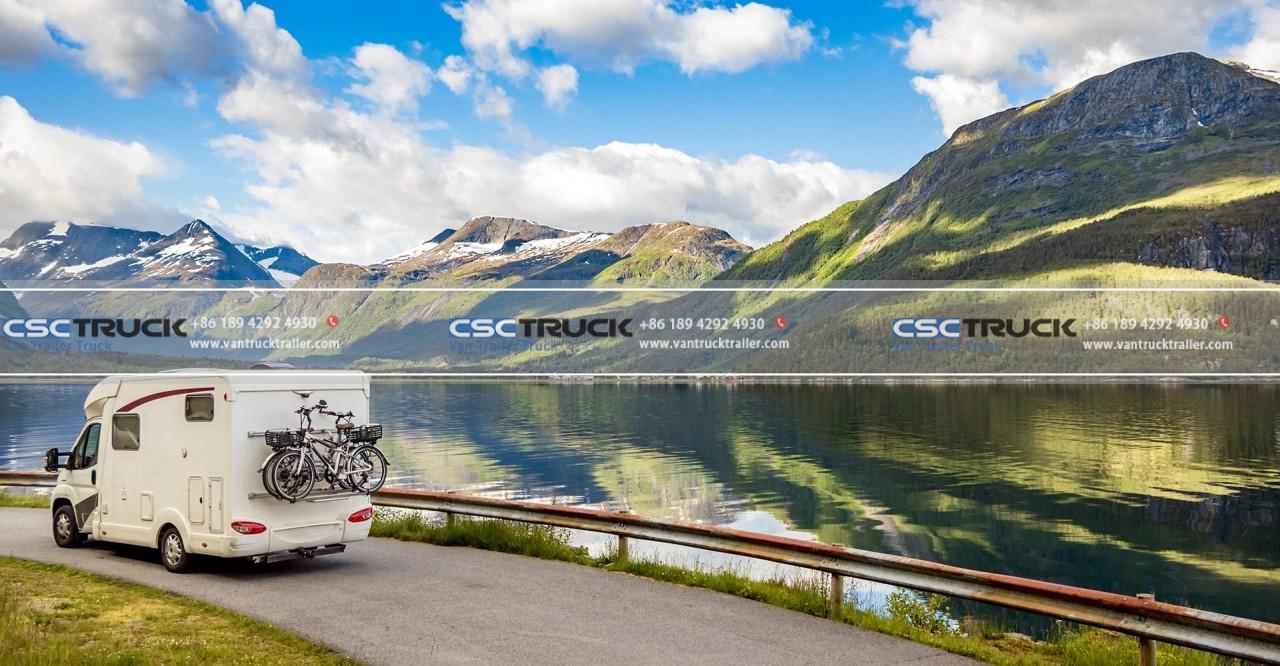
4. Vehicle Inspection:
A thorough inspection of the RV is a non-negotiable step before finalizing the purchase. If buying new, examine the construction quality, check for any visible defects, and inquire about warranties. For used RVs, inspect for signs of wear and tear, water damage, and mechanical issues. Hiring a certified RV inspector can provide expert insight and ensure peace of mind in the purchase decision.
5. Amenities and Features:
The range of amenities offered in an RV can greatly impact the overall travel experience. Basic features include a comfortable bed, a functional kitchen, and a bathroom with a shower. However, more luxurious RVs may include features like a full-sized refrigerator, entertainment systems, air conditioning, solar panels, and automatic leveling systems. Buyers should consider which amenities are essential for their journey and which ones might be a luxury they can do without.
6. Towing Capacity (if applicable):
For those opting for towable RVs, it is essential to assess the towing capacity of their vehicle. Towing an RV beyond the vehicle’s capacity can be unsafe and cause unnecessary strain on the engine. Refer to the vehicle’s manual or consult with a professional to determine the maximum towing capacity.
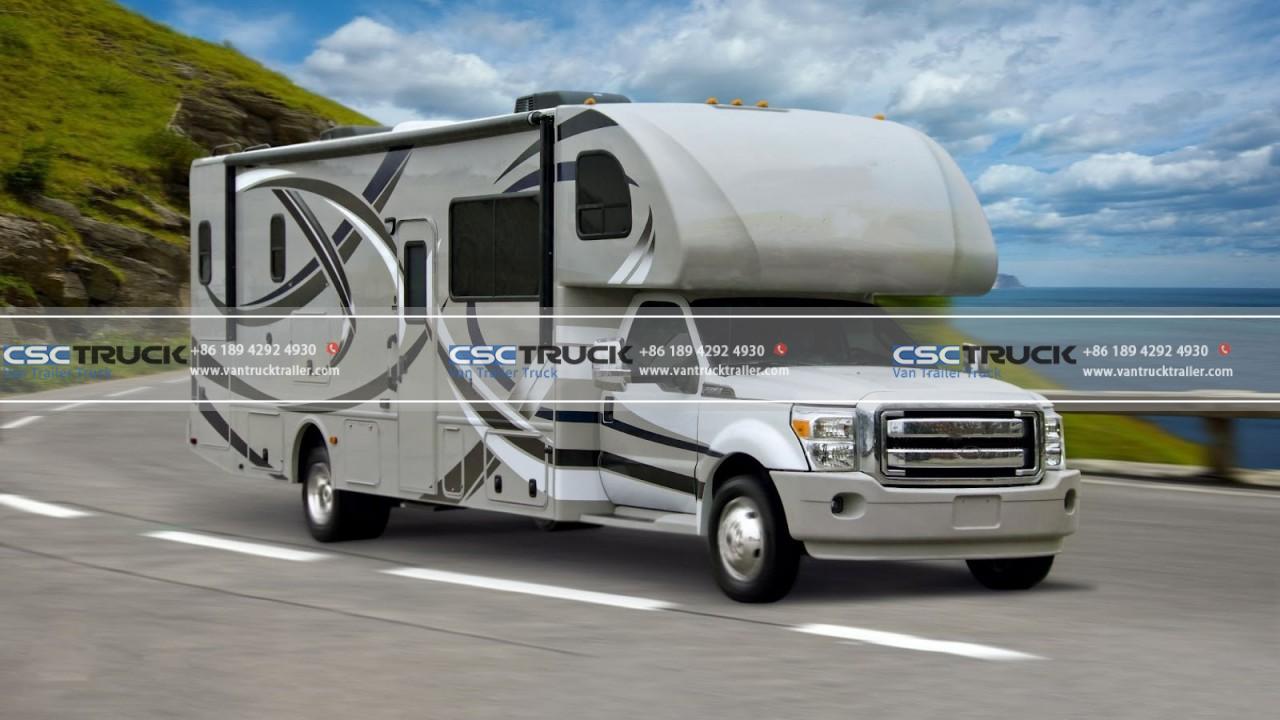
7. Fuel Efficiency:
Traveling long distances in an RV requires considering fuel efficiency. Different RVs have varying fuel consumption rates, depending on factors such as size, weight, and engine type. It is crucial to evaluate the fuel efficiency of the chosen RV to estimate the cost of fuel during trips and determine the feasibility of traveling to specific destinations. Opting for a more fuel-efficient model can lead to significant savings in the long run.
8. Storage Space:
Another essential feature to consider is the availability of storage space in the RV. Adequate storage is essential to accommodate personal belongings, camping gear, and other essentials for the journey. Consider the amount and accessibility of storage compartments, both inside and outside the RV. External storage compartments are particularly useful for bulky items like bicycles, camping chairs, and barbecue grills.
9. Safety Features:
Safety should never be compromised, especially when traveling on the road. Look for RVs that are equipped with essential safety features, such as airbags, antilock braking systems, stability control, and rearview cameras. Additionally, fire and carbon monoxide detectors, as well as emergency exit windows, are crucial for ensuring the safety of the occupants.
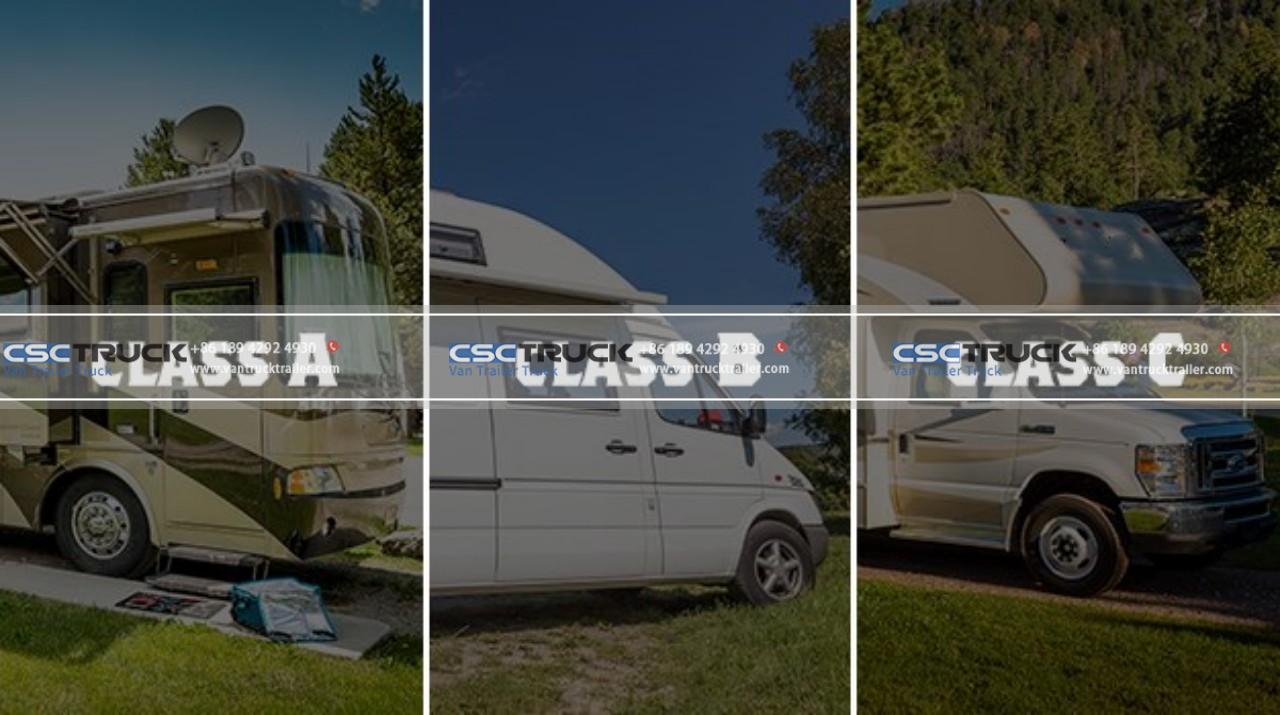
10. Maintenance and Serviceability:
Owning an RV requires regular maintenance and occasional repairs. Before making a purchase, consider the availability of service centers and the cost of parts for the chosen RV model. Some RV manufacturers have a widespread network of service centers, making it easier to find assistance and get repairs done promptly.
11. Lifestyle Considerations:
Finally, it is essential to consider individual lifestyle preferences when choosing an RV. Some people prefer boondocking or dry camping, where the RV operates independently of external utilities, while others prefer staying at established campgrounds with full hookups. Determine the desired travel style and ensure the RV has the necessary features to support it, such as freshwater and wastewater tank capacities, electrical systems, and solar power options.
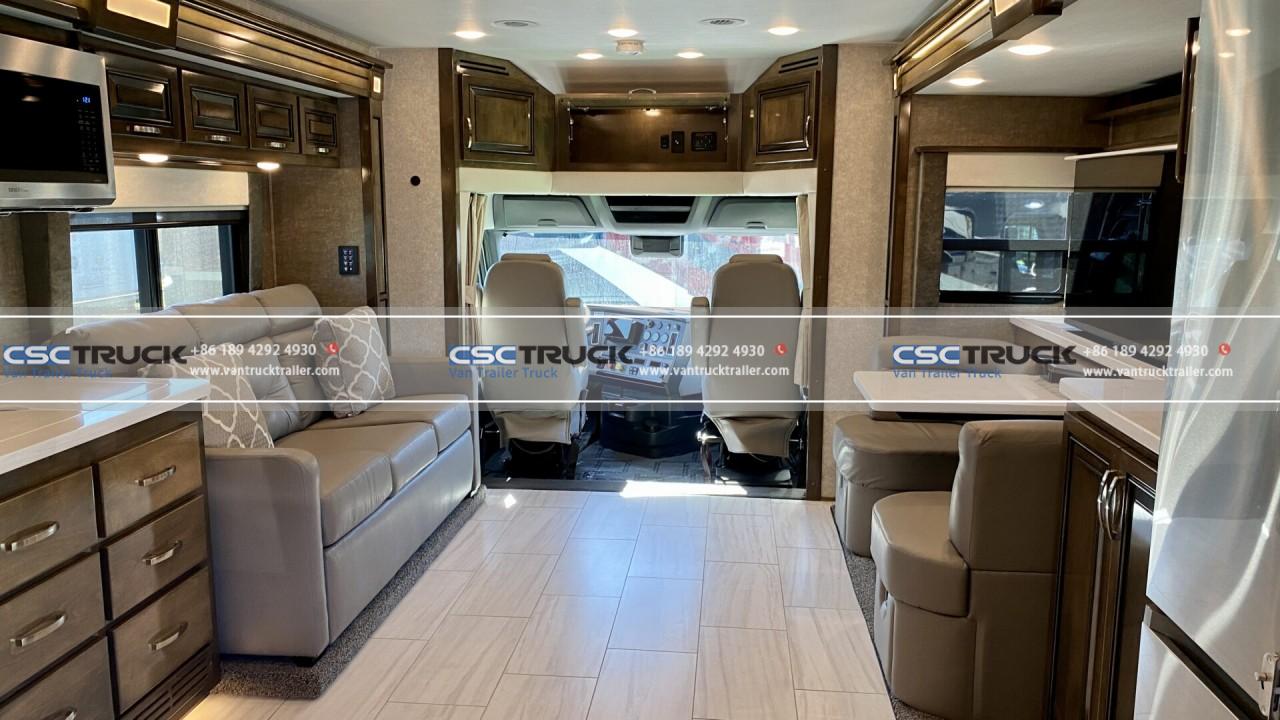
In conclusion, choosing the right recreational vehicle involves careful consideration of various key features. Size and layout, class and type, budget and financing, vehicle inspection, amenities and features, towing capacity (if applicable), fuel efficiency, storage space, safety features, maintenance and serviceability, and lifestyle considerations all play crucial roles in the decision-making process. By evaluating these aspects, potential buyers can find an RV that aligns with their needs, preferences, and budget, ensuring a comfortable and enjoyable journey on the open road.

